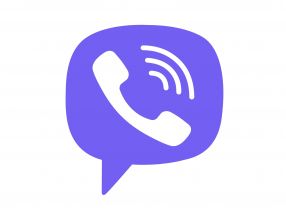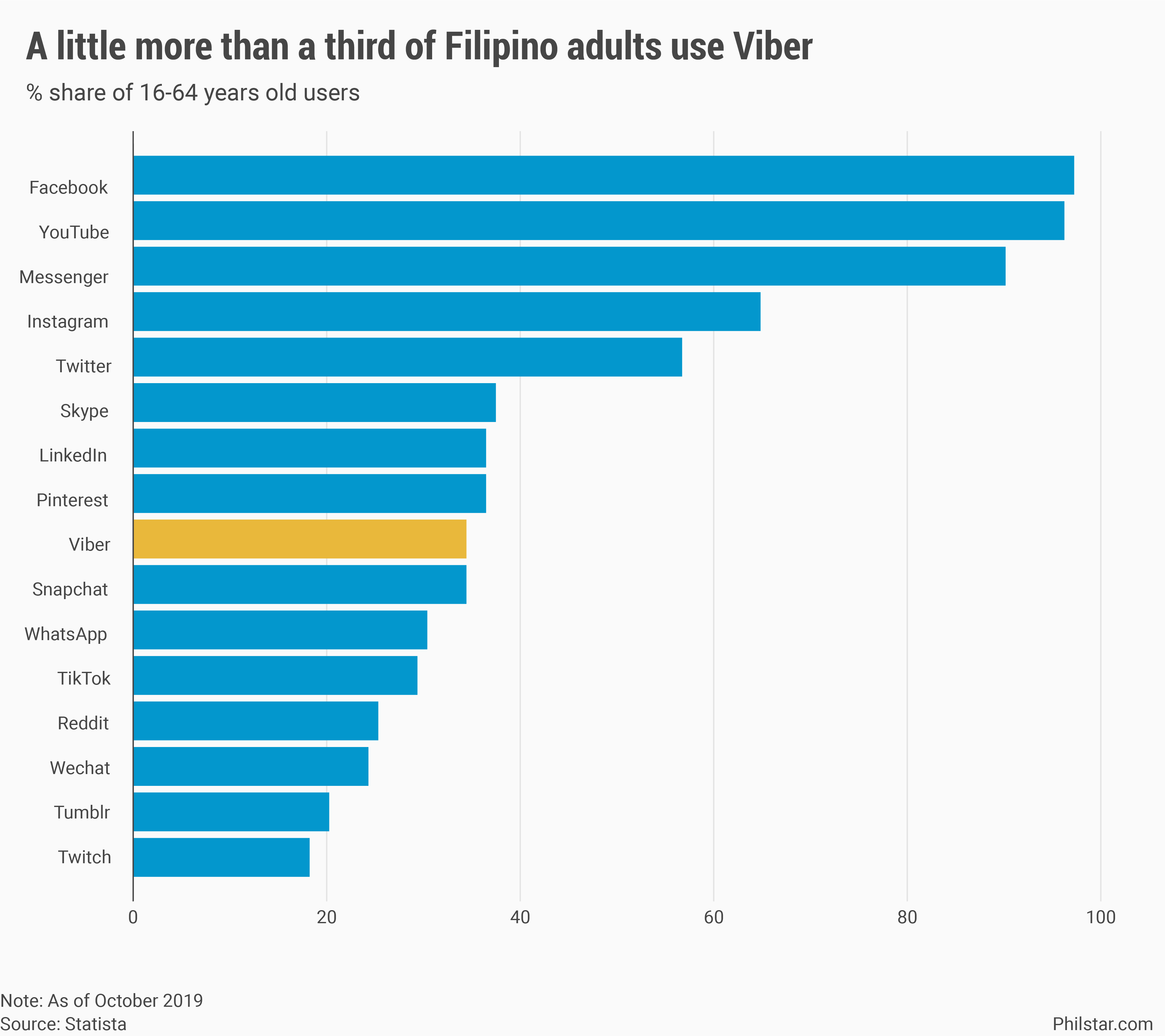Viber eyes banking, e-commerce services in Philippines in 3 years

MANILA, Philippines (UPDATE 1 3:18 p.m., July 24) — Rakuten Viber is setting its sights on becoming more than a messaging platform in the Philippines, eyeing to integrate services such as money remittance and e-commerce on its app over the next three years.
Once in effect, Djamel Agaoua, chief executive of Viber, told Philstar.com, Filipino users of the app will be able to send money, read the news and shop through the company’s “partners.” Negotiations are ongoing between Viber and service providers to use the app as medium to reach customers.
“A few years from now, people in the Philippines will be able to send money to each other on Viber or browse a catalog and buy some products on Viber and exchange with their banks. We’re already having discussions with partners to implement those services,” Agaoua said in a recent online interview.
“We are not a bank, we are not a telco, we aren’t going to provide those services. But we are opening doors for those partners to provide their service within Viber,” he said.
Viber’s plan, already operationalized in some European countries, would put it in direct competition with more established players like Grab looking to transform their businesses into a “super app”— one that capitalizes on mobile technology of a young Philippine population to offer various services under one app.
While not exactly venturing on its own payment systems, Viber would also go against local players which may know the market more such as Globe Telecom Inc.’s GCash and PLDT Inc.’s PayMaya, both of which are also backed by the firepower of their respective parent conglomerates.
But Agaoua believes the Philippines, which over the past four months saw a massive migration to digital services, an indirect result of virus-induced lockdowns that prevented people to transact face-to-face, can still take in more players.
“There is competition for the role of being the app that will be your favorite app to get in to the digital world and to access services. There is room for several of them, I don't believe in the (idea) that there's only one app or one company for that,” he said.
Tight privacy
As it is, Viber is not starting off a new venture powerless. Around 40 million Filipinos are currently Viber subscribers, providing a huge client base for services looking to touch base with other clients.

This is already happening. At the start of the coronavirus disease-2019 (COVID-19) pandemic, Viber has partnered with World Health Organization and the health department to deliver information about COVID-19 directly to 1.7 million Viber subscribers. Beyond that, a “chatbot” with over 120,000 users allows users to do self-check for COVID-19 symptoms.
At the center of these plans, Agaoua said Viber’s stringent privacy protocols that protect their clients are of paramount consideration, a policy that prompted the Israel-based firm to cut ties with Facebook last month.
As a result, between 5-10% of global Viber users are no longer allowed to post or share their Facebook information or photos on the app. GIPHY, a Facebook company popular for its memes, would also no longer be available on the messaging app.
For the business however, Agaoua said the impact is likely to be minimal. Viber used to advertise with Facebook, but overall advertising only accounts for a fifth of its revenues. A huge chunk of revenues— 40%— come from “business communications” or the use of companies of Viber as a way to market their products.
The same percentages apply to Philippine operations “more or less,” but this will change once more services are offered, Agaoua said.
“Well the advertising piece will not be more than that. It will always be a secondary thing for us… The share of business communications will increase because it makes sense if we want to build more integration… I suppose the business communications will probably increase to between 50-60%...,” he said.
Editor's note: The article was amended to reflect that the Viber headquarters are located in Israel, not Cyprus.
- Latest
- Trending




























